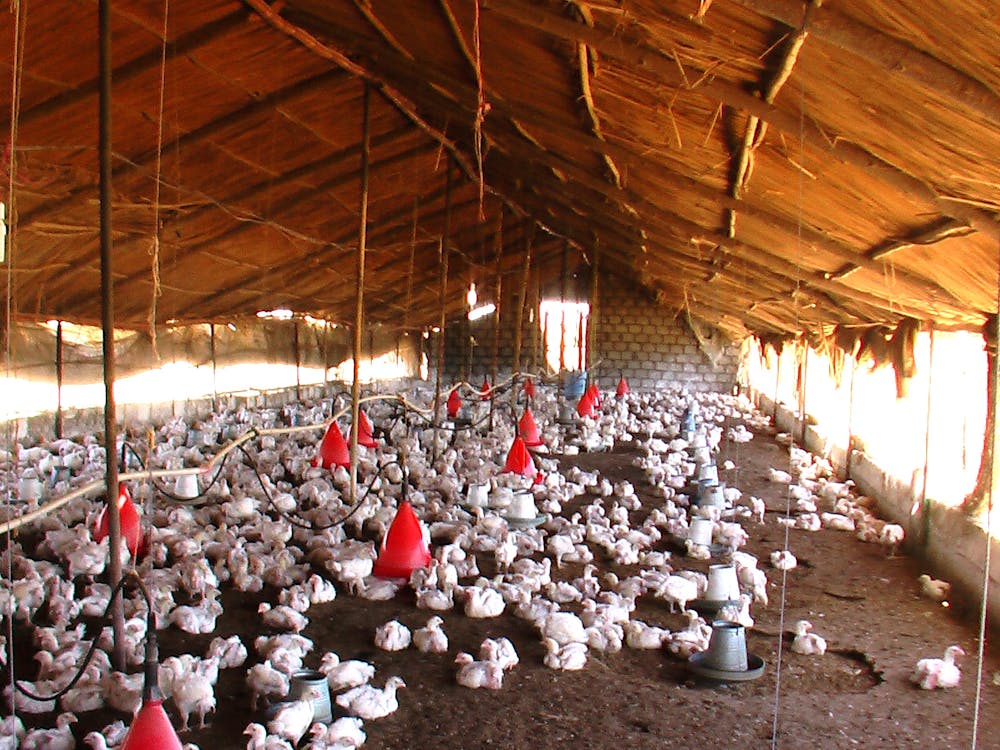By Aneri Upadhyay
Staff Writer
You’ve probably noticed that egg prices have increased at your local grocery store. With inflation and the recent outbreak of avian flu, they’re on the rise and other animals may be at risk — including humans.
The avian flu is genetically similar to the type of influenza that affects humans but is more commonly found among birds. However, this does not mean that humans and other animals cannot be affected.
Bird flu can not spread easily among humans, but according to The New York Times, 56% of people who have gotten it have died. The current strain, H5N1, has produced a mutant strain that has infected minks at a fur farm in Spain.
There is no need to worry about minks being infected halfway around the world though, right? Wrong. A mink’s upper respiratory tract is similar to that of a human, meaning that humans are just as susceptible as minks and should be aware of this spreading disease.
Tom Peacock, a virologist at Imperial College London, commented on the severity of H5N1.
“This is incredibly concerning,” he said according to Science. “This is a clear mechanism for an H5 pandemic to start.”
H5N1 was first reported in China and spread due to the infection of migratory birds. According to Reuters, Ecuador just had its first case of avian flu in a human, specifically in a 9-year-old girl.
Ecuador’s Health Ministry explained that, “it is presumed that the infection occurred through direct contact with birds that carried the virus.”
So, how does this affect American chicken eggs?
It’s simple: the more birds, specifically hens, dying, the fewer eggs available, which leads to higher egg prices. Some stores even limit the amount of cartons you can buy as reported by The New York Times. The U.S. Department of Agriculture reported that more than 58 million birds have been affected by bird flu since the outbreak began.
Although avian flu is not the only reason for egg shortages and price increases, it definitely plays a role in it.
Since the outbreak last year, the average price for a dozen eggs in the United States rose $1.87 according to AP News. Inflation is also causing the increase in egg prices, which will make the effects of avian flu worse.
Experts are cautioning farmers, as the current strain of bird flu is the most lethal it has ever been. Poultry scientist Phillip Clauer of Penn State College of Agricultural Sciences commented on the spread of the virus.
In an article by NPR, he stated that, “We're seeing symptoms and we're seeing mortality in some of the wild birds. This time around, it's more deadly.”
Scientists are hoping that relief will come within the upcoming months and that egg prices will drop down to what they once were. This is a big comfort for farmers, who have had to euthanize infected birds to stop the spread of the virus.
Whether prices go down soon or not, it will most likely take longer for avian flu to neutralize. We can only hope that it’s a matter of time before eggs are back on the shelf and the birds are safe again.







